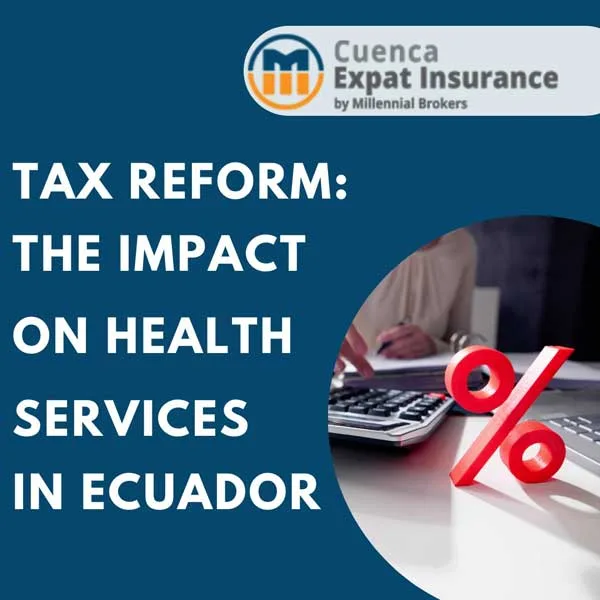Mass protests, many of them violent, continue to rage in Bolivia, Chile and Colombia despite calls for elections and dialog. According to the United Nations, 58 people have died in the three countries since late October and more than 4,000 have been seriously injured.

Protesters burn trash in a Valparaiso, Chile street on Tuesday.
On Friday, Bolivia’s interim government accused former President Evo Morales of “terrorism and rebellion” for his alleged role in encouraging and planning violence in the country. Morales was removed from office in a military coup on November 11.
Most of Bolivia’s largest cities have been paralyzed by demonstrations and road blocks, with the capital of La Paz, virtually isolated. The government said that fuel and food supplies could run out next week if roadways are not cleared. Although the country’s main international airport in El Alto remains open, most flights have been cancelled because of the blockages.
Morales, who fled to Mexico under a grant of asylum, called the charges against him “laughable and absurd” and said that “the junta that received only four percent of the vote in the last election has no legitimacy.”
The protests began following the October 20 national elections in which Morales appeared to have won another term as president by a narrow margin. Many questioned the vote count including the American Organization of American States, which said its review found “irregularities.”
As of Friday night, the UN says 30 people have died in the Bolivian protests.
The interim government says it will call new national elections within 90 days but has not set a date.
Protests in Chile enter their fifth week despite the government’s concessions to roll back a public transportation fare hike and hold a referendum on a new constitution. Leaders of the protests say that larger issues are at the base of the unrest, particularly economic inequality and control of public resources by the country’s rich.

Police fire tear gas at Medellin, Colombia protesters on Friday.
On Thursday and Friday, large parts of Santiago remained isolated by road blocks and public transportation has been mostly disabled due to damage to buses and city’s subway system. A number of highways around the country have been blocked and the government warns of shortages of basic supplies, including food and gasoline.
At least 24 have died in the Chilean protests while more than 2,000 have been injured. The government reports that 450 have been arrested for vandalism and terrorism.
In Colombia, the latest country to be hit by mass protests, officials report four dead, including three police officers killed in an explosion, and hundreds injured in two days of protests. In addition to wealth inequality, protests are aimed at recent roll-backs of labor regulations, cutbacks in pensions, lack of employment for the country’s indigenous and poor population and the government’s inability to stop violence against rural community leaders. The country’s murder rate, second only to Venezuela’s in South America, is rising in major cities.
On Friday, the mayor of Bogota imposed a nighttime curfew in hopes of reducing violence and vandalism. Cali’s mayor had ordered a curfew on Thursday and the municipal government in Medellin is considering doing the same. Several news media reported that the curfews in Bogota and Cali are being ignored.
In a televised speech Friday, President Duque said a “national conversation” would take place regionally and include all social and political groups.
“Starting next week, I will launch a national conversation to strengthen the current social policy agenda, working in a united way with medium- and long-term vision, which will allow us to close the social and economic gaps,” he said.
South America’s wave of protests began in early October in Ecuador but ended 10 days later when the government agreed to drop its plan to eliminate subsidies for gasoline and diesel fuel.




















